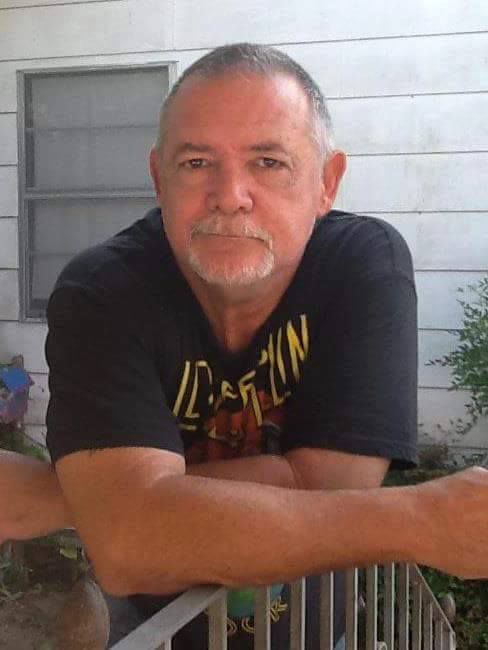Our View: All arguments should be heard
September 28, 2016
Terrebonne remembered for leading true Cajun lifestyle
September 28, 2016The Bayou Region is alive with rhythms apparent to those who look and listen carefully, from the early autumn symphonies of cicadas now present, to the rise and fall of the waterways, whose levels will soon drop as southerly winds transform to those coming from the north, and we slowly step into winter.
The region’s rhythms are apparent not just in nature, but in many other contexts. The relations between law enforcement personnel and the people they police is one example, and it is an important one given the state of the nation today.
I have witnessed first-hand the reality that big-city problems like street-corner drug dealing and the violence that relates to it is not unknown in these parts. Yes, here as in other places, the street presence is more visible in minority neighborhoods. In more rural areas and in Houma subdivisions, this kind of business gets dealt with more behind closed doors, which makes enforcement more difficult.
But it is largely the street trade that results in shots being fired by people who have bought the myth of the drug culture perpetuated in moves, on television and in sound recordings, the gangster mystique that wrecks young lives and steals them.
It is in response to those pressures that law enforcement agencies in many parts of the nation have adopted an aggressive approach that maximizes tension between the police and the communities they serve. As video after video of questionable police shootings is paraded on social networking pages as well as traditional media outlets, the “take no prisoners” mentality is apparent in many episodes. The manner in which law enforcement interfaces doesn’t mean certain shootings were unjustified. But it does make clear why trust is absent, transformed into a commodity that is in many places hard to come by.
Observing interactions between officers and late-night partiers on Martin Luther King Boulevard Saturday night, as the headlights of revelers streamed down the highway and could be seen turning into all-night eateries, there was a clear indication that law enforcement wanted its presence known.
But apparent as well was the underlying tone of the show of force. There was not an air of oppression, no sense of tension. Indeed, a lot of the folks out to have a good time showed their deference to law enforcement and their neighbors, by toning down car stereos that in other communities might have continued blasting, and added to the misunderstandings that can tear communities apart, especially when tragedy strikes as it did in Charlotte, in Ferguson, and other places where police and the people find themselves at odds. A career’s worth of riding in police cars and observing policing styles firsthand has helped me to know what I am seeing at street level. And what I have witnessed mostly in police dealings with communities in Terrebonne and Lafourche – especially of late – is a communicated understanding from the official actors that we are all in this together.
There are exceptions, of course. Most recently a well-known police officer has been under scrutiny because of a lawsuit filed against him, suggesting misconduct with handling of money seized during a drug search that yielded no immediate arrests.
It should be noted that the officer, Dallas Bookenberger, has been scrutinized before, in a community meeting that drew a number of complaints and suggested racial undertones to his behavior. No charges resulted from any of those complaints. Local civil rights leaders like Jerome Boykin of the NAACP in Houma have encouraged people who have complained to go to the authorities directly with their allegations. The record indicates that this didn’t happen. Ironically, the plaintiffs in the federal suit against Bookenberger are white. How that case shakes out remains to be seen, and an accusation is not an affirmation. But the case bears watching, and it will be interesting to see if it prompts additional official complaints from others.
But even if there is truth to the allegations, what I saw Sunday morning in the way deputies went about their work gives me hope that here, in our communities, the long-standing tensions between the police and public existing in some places are not an issue. The police and the policed appear to have mutual tolerance if not respect for each other, and we can only hope that this is how it shall remain.




